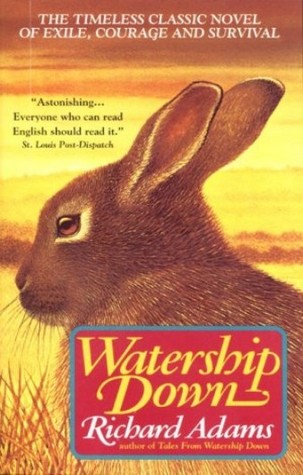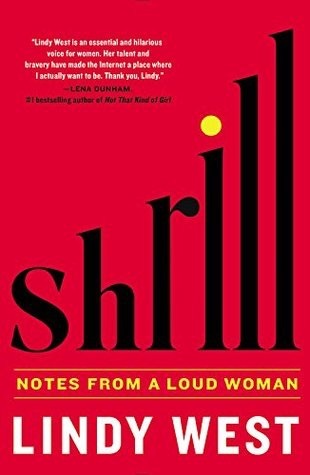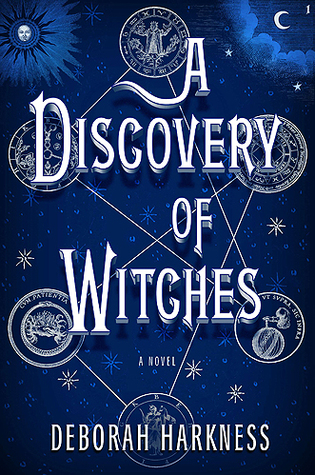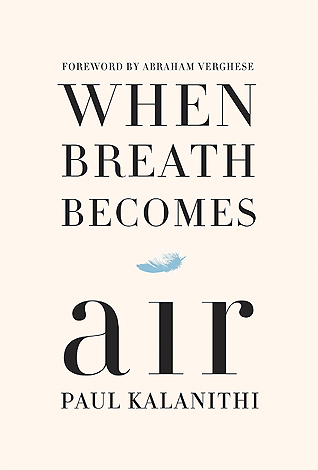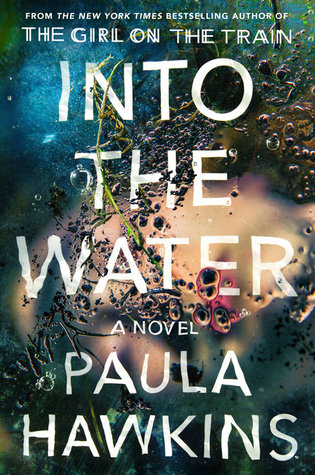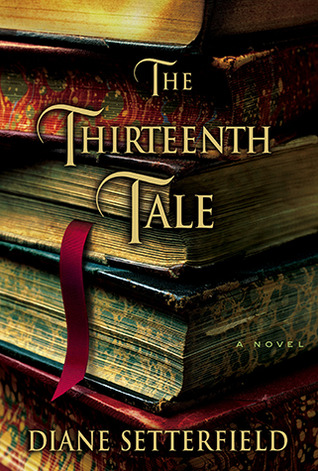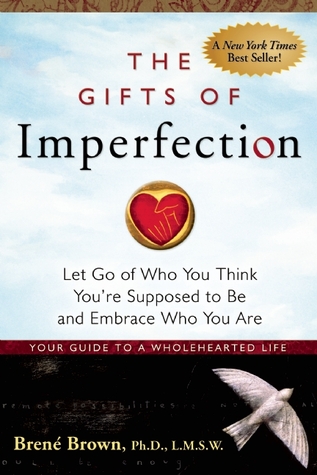 Erik Larson is an awesome history author. I've read both Dead Wake (about the sinking of the Lusitania) and Devil In the White City (about a serial killer and the Chicago World's Fair) by him, and found both of them to be excellent in quality. When I was looking for a book linked to my family history for my reading challenge, I decided to just pick something set in Germany, because I didn't know what else to focus on. (Despite this book focusing on the family of an ambassador in WWII Germany, I am neither related to the Dodds, nor am I aware that any of my direct family were Nazis, though I suppose anything is possible; wouldn't that be a nasty surprise?)
Erik Larson is an awesome history author. I've read both Dead Wake (about the sinking of the Lusitania) and Devil In the White City (about a serial killer and the Chicago World's Fair) by him, and found both of them to be excellent in quality. When I was looking for a book linked to my family history for my reading challenge, I decided to just pick something set in Germany, because I didn't know what else to focus on. (Despite this book focusing on the family of an ambassador in WWII Germany, I am neither related to the Dodds, nor am I aware that any of my direct family were Nazis, though I suppose anything is possible; wouldn't that be a nasty surprise?)In this book, Larson focuses on Ambassador William Dodd, the first US ambassador to Hitler's Germany, and Dodd's daughter Margaret. His wife and son were also present in Germany, but are not looked as much in the course of the book. And what the book is, is a startling examination of the old adage "Hindsight is 20/20." Now, we have such clear hindsight, being able to see that Hitler was bad news, and that something should have been done sooner--but through the Dodds, we can see how that wasn't the case at the time. They initially were kind of friendly toward Nazism in general, being somewhat anti-Semitic themselves, though Hitler himself was seen as kind of a kooky guy who Hindenburg had well in hand and who probably wouldn't remain in power very long. But the Dodds slowly become more and more aware of what a terrible situation is brewing in Germany--and are stonewalled by everyone else, who either outright don't believe them or don't want to believe them, or do believe them but don't want to get involved with European affairs and instead only want to focus on Germany paying its reparations from World War I. It's an incredibly frustrating story to read, because you can see the trouble building in the background, and the Dodds growing increasingly concerned and Ambassador Dodd's attempts in particular to do something without causing an international incident--and without getting himself fired in the process, as he isn't well-liked in the State Department to begin with--and knowing that it's all futile.
Larson builds the tension here wonderfully. This is a true work of nonfiction, as well--everything he implements is taken from letters, cables, diaries, etc. He does step back to speculate once or twice, but always notes that he's doing so, saying something such as, "Perhaps, but they didn't write about it they did, so we can't really know." The Dodds aren't really the most interesting people on their own; the details of their day-to-day lives can be boring, mostly consisting of Dodd's colleagues at the State Department planning to oust him and working to undermine him at pretty much every turn and Margaret having a bunch of affairs, but I think that provided exactly what it was supposed to: an idea of how life went on for most people in Germany, and it was not a sudden event that Hitler rose to power, made being Jewish illegal, and started killing people and planning to take over Europe. Rather, it was a slippery slope that rose against a background of existing tensions, and no one action took place until the preceding ones seemed normal. Hm...does that sound familiar to anyone alive today...?
This is not a "fast" read, nor is it a thrilling one. But it is one that is chilling in the way that it, in many ways, mirrors the world we live in now. They say that those who don't study history are doomed to repeat it--so study up, folks.
4 stars out of 5.




